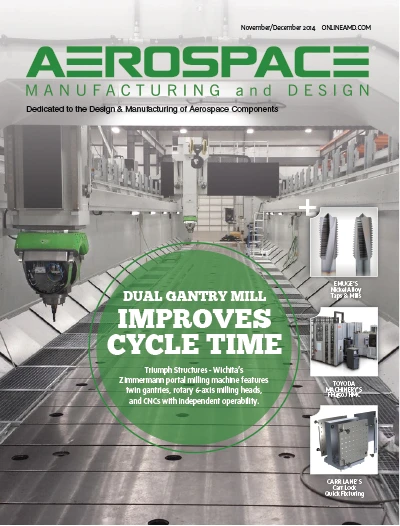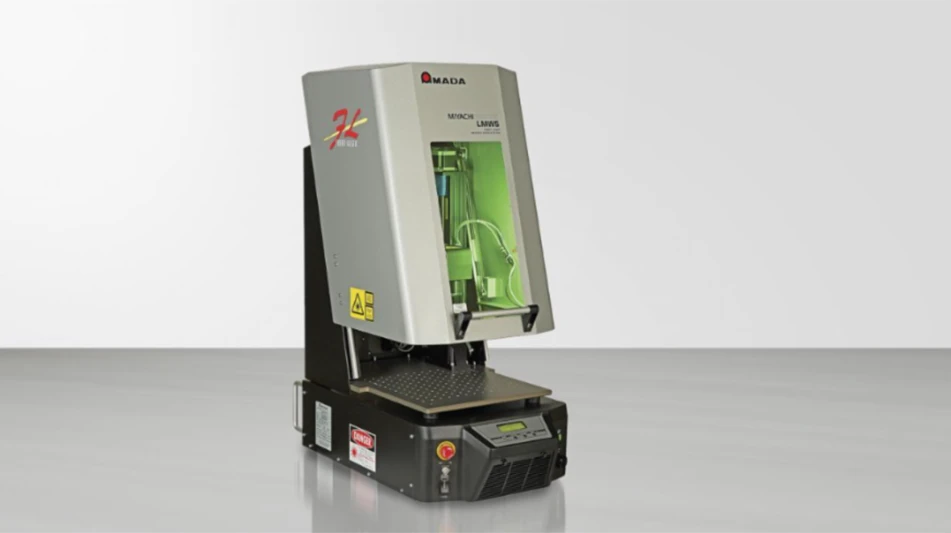 Industry veteran Tony Velocci, in collaboration with Dassault Systèmes, is conducting a series of interviews with experts in the aerospace and defense industry about leadership, the customer experience, and what it takes to successfully compete in today’s challenging business environment. Velocci began his series with Bill Swanson, former chairman and CEO of Raytheon Co., and Bob Stevens, executive chairman of Lockheed Martin Corp. In the last issue he interviewed Kelly Ortberg, president and CEO of Rockwell Collins, and Michel Tellier, vice president of A&D for Dassault Systèmes. This month he speaks with Pascale Sourisse, senior vice president of International Development at Thales, and Marcus Bryson, chief executive of Aerospace and chief executive of Land Systems, GKN Aerospace Services Ltd.
Industry veteran Tony Velocci, in collaboration with Dassault Systèmes, is conducting a series of interviews with experts in the aerospace and defense industry about leadership, the customer experience, and what it takes to successfully compete in today’s challenging business environment. Velocci began his series with Bill Swanson, former chairman and CEO of Raytheon Co., and Bob Stevens, executive chairman of Lockheed Martin Corp. In the last issue he interviewed Kelly Ortberg, president and CEO of Rockwell Collins, and Michel Tellier, vice president of A&D for Dassault Systèmes. This month he speaks with Pascale Sourisse, senior vice president of International Development at Thales, and Marcus Bryson, chief executive of Aerospace and chief executive of Land Systems, GKN Aerospace Services Ltd.
Velocci: How do you define leadership?
Sourisse: It is the ability of a manager to organize work for her team in a very efficient way, motivate everybody, and be able to show the added value that the boss brings by working together with the team, with customers, and with partners. Another way of defining leadership is the ability of someone to motivate a team to accomplish more than that team otherwise could achieve.
Bryson: It’s about two things: first, having a clear business strategy and communicating it to your whole team, and second, how you engage individuals on the team to help execute that strategy.
Velocci: Everyone has a profound lesson or event in their career, good or bad, that helped guide them in making better decisions or shape their management style. Is there a lesson that stands out in your mind, and how has it served you?
Sourisse: Some years ago, I was asked to take responsibility for a very large contract that was having a lot of difficulties. The objective, of course, was to fix all of the problems and successfully execute the program. The lesson I learned from that experience has stayed with me – you can achieve a lot by communicating the right way, to your customer and to your team. It was a matter of creating transparency and trust internally and externally. I learned that the best thing to do is to talk to your customer about program difficulties and explain the remedial actions you plan to implement. The lesson has been a very useful to me throughout the years.
Bryson: About 15 years ago, I ran several factories in the U.K. and had about 3,000 people working for me. One Friday, my manager told me he wanted me to drop that job and do a special project that would last about two years. My new assignment basically was to restructure four aerospace businesses that had not been properly integrated. When I returned to work on Monday morning, there was a secretary and me. It was up to me to assemble a new team. I found 20 people working in different parts of the company that became the core.
The fact that I could go from having 3,000 people who would respond, ‘How high?’ when I said ‘Jump!’ to a situation where some people working for me wouldn’t even answer the bloody telephone when I called was really quite strange. In fact, it was life changing for me, and a great lesson. I found myself in a completely different job with a completely different set of dynamics. It taught me how important it is to select the right people, articulate a vision, keep them inspired, and allow them to execute on the strategy. If you have people working for you who don’t share your vision, you’ll never get things done.
Velocci: A common observation about this industry is that executives in aerospace have become too risk-averse, too conservative in their approach in managing their business for long-term success. Do you think that is a fair observation?
Sourisse: I would say that is not completely correct. Of course, you have to manage risks. Thales Group launched a strategic initiative last year called Ambition 10. It has three pillars: Growth, operating performance, and people. We intend to grow in spite of declining [defense budgets] in our historical geographic markets. We need to be able to take the risks that will be involved but with a good understanding of how to mitigate them. There is no other way; otherwise, we will shrink, and that’s not an option.
Bryson: If you go back a few years, I probably would agree. I think it was a very conservative environment and companies were not inclined to take too much risk. But the world has changed, and the aerospace business model has certainly changed. Both the industry and products have become more complex, more demanding. As a result, companies generally are taking more risks and having to be more innovative. The industry will continue to evolve, and the quicker companies can adjust to change, the better their chances of success. Companies that are slow to change and innovate will not survive.
Velocci: How do you approach the challenge of delivering the optimum customer experience?
Sourisse: The process needs to start very early, when you are preparing your contract proposal. You need to understand exactly what’s important to the customer and what you are capable of delivering. You also need to have a clear understanding of the risks involved and how to mitigate them. At Thales, we are careful not to over-promise and under-deliver. Long-term relationships are very important to us. We are not going to try to win a new contract at any cost, such as promising things that we cannot deliver.
Bryson: You have to listen to the customer, although sometimes that’s tough to do. All customers want the best product you can deliver, and some customers want it for the least amount of money, while naturally you want to make a fair return on your investment. All the same, if you don’t listen to your customers, you’re dead. I like to think that generally we have a very good relationship with our customers.
Additional insight from Dassault Systèmes’ “Conversations with Global Leaders Series” is available at 3ds.com/aero-leaders.
Dassault Systèmes
www.3ds.com
Get curated news on YOUR industry.
Enter your email to receive our newsletters.
Explore the November December 2014 Issue
Check out more from this issue and find your next story to read.
Latest from Aerospace Manufacturing and Design
- GE Aerospace secures Air Force engine contract
- Thomson Industries' online sizing and selection tool
- #53 - Manufacturing Matters - 2024 Leaders in Manufacturing Roundtable
- Join us for insights on one of the hottest topics in manufacturing!
- You can still register for March’s Manufacturing Lunch + Learn!
- Ohio creates Youngstown Innovation Hub for Aerospace and Defense
- Tormach’s Chip Conveyor Kit for the 1500MX CNC Mill
- How to Reduce First Article Inspection Creation Time by 70% to 90% with DISCUS Software





